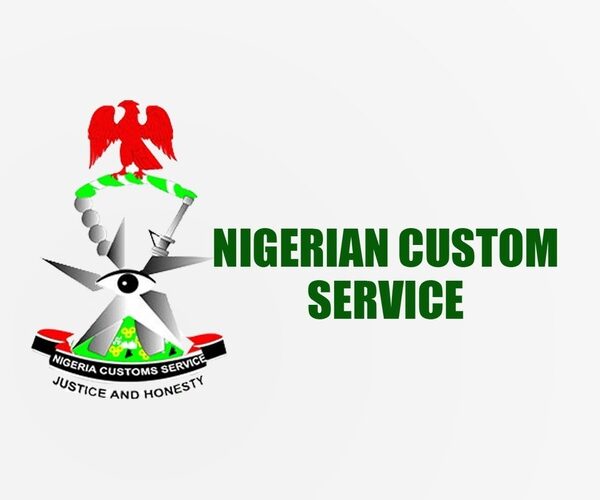The Nigeria Customs Service (NCS), Tincan Island Port Command, achieved a significant revenue milestone on August 19, 2025, collecting N16.4 billion. This remarkable achievement is attributed to the successful implementation of the Unified Customs Management System, known as B’Odogwu. The system, a testament to the NCS’s commitment to modernization and efficiency, has streamlined port operations, enhanced transparency, and improved responsiveness in revenue collection and trade facilitation. This success underscores the transformative impact of technology in optimizing customs processes and boosting revenue generation for national development.
The B’Odogwu system has revolutionized cargo clearance procedures at the Tincan Island Port Command. By providing a unified digital platform, it has eliminated administrative bottlenecks and reduced delays that previously hampered trade activities. Licensed customs agents and stakeholders now have real-time access to payment platforms, enabling them to complete cargo clearance processes swiftly and efficiently. This streamlined approach has significantly improved the ease of doing business at the port, fostering a more conducive environment for trade and investment.
The system’s integrated nature is central to its success. B’Odogwu brings together all essential elements of port and customs operations under a single digital interface. This integration facilitates faster processing of cargo, ensures accurate valuation, and enhances monitoring capabilities. The improved efficiency and transparency not only boost revenue collection but also strengthen security measures, minimizing the risk of illicit activities.
Frank Onyeka, the Customs Area Controller in charge of the Tincan Island Port Command, highlighted the transformative impact of the B’Odogwu system. He emphasized that the record-breaking revenue collection is not just about the figures, but a reflection of the system’s role in modernizing port operations. The seamless integration of processes, improved accessibility for stakeholders, and enhanced monitoring capabilities have collectively contributed to this success. Onyeka reiterated the command’s commitment to continuous collaboration with stakeholders to further optimize the system and enhance trade facilitation.
The Tincan Island Port Command’s success serves as a model for other ports and customs commands within Nigeria. The B’Odogwu system showcases the potential of technology to transform customs operations, improve revenue generation, and facilitate trade. The system’s success reinforces the NCS’s commitment to leveraging technology for national development.
The implementation of the B’Odogwu system aligns with the Nigeria Customs Service’s broader objective of enhancing trade facilitation and optimizing revenue collection for national development. The system’s success at the Tincan Island Port Command serves as a compelling example of how technology can streamline complex processes, improve transparency, and enhance efficiency in the public sector. The streamlined cargo clearance process, coupled with improved monitoring and valuation capabilities, contributes to a more secure and efficient trading environment, benefiting both the government and businesses involved in international trade. The command’s dedication to collaboration with stakeholders emphasizes the importance of a coordinated approach in ensuring seamless and compliant trade operations. This collaborative approach ensures a business-friendly environment that facilitates the timely and cost-effective clearance of goods, promoting economic growth and development.


